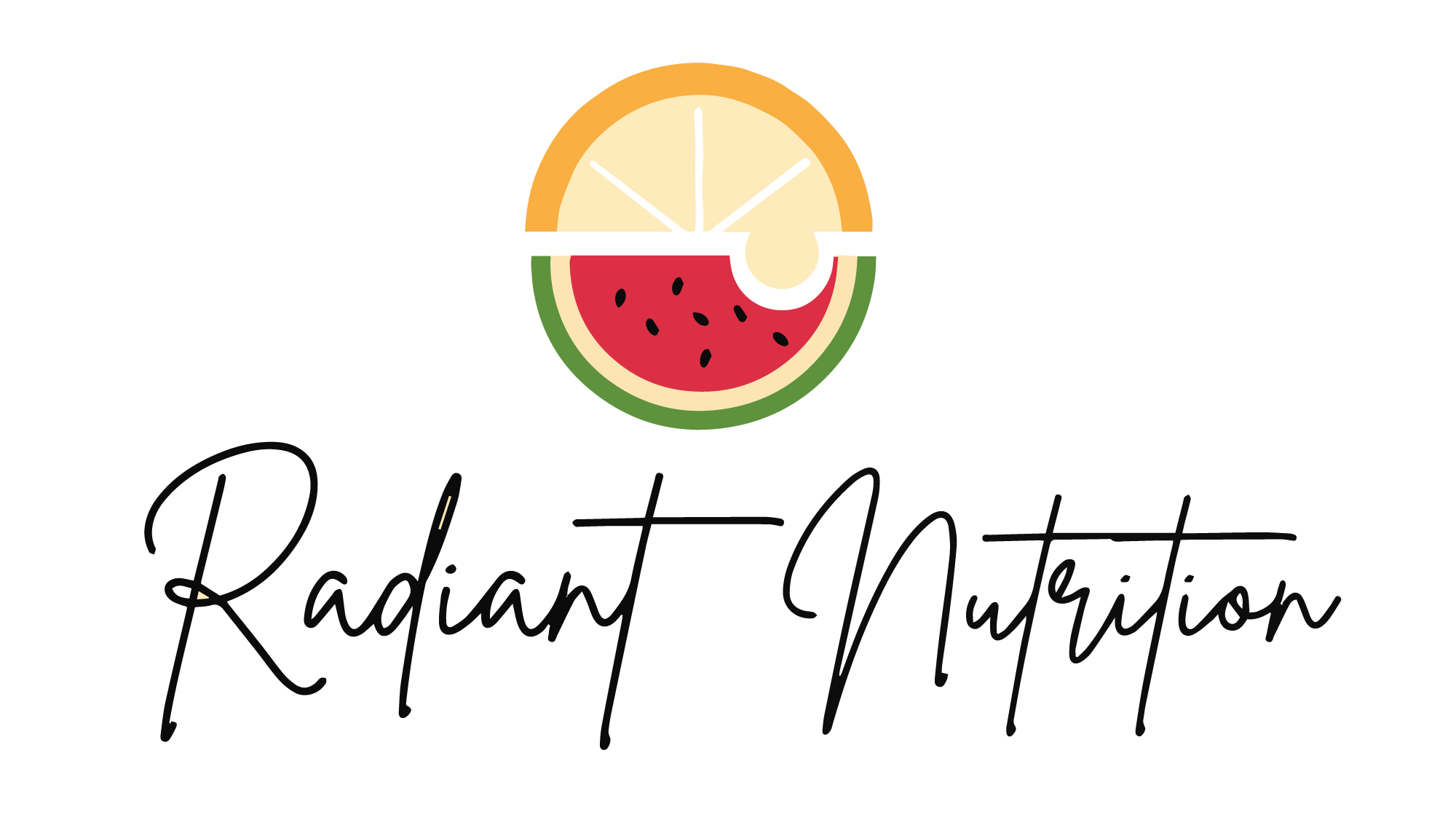Respect Your Ride
What is body neutrality? At its core, it means respecting and accepting your body as it is. Oftentimes, people will tell you to learn to LOVE yourself and ignore all of the negative thoughts that come to your mind. However, for most people, this is a daunting task. We cannot imagine finding ourselves flawless, and while this is a great goal, it is not one that is sustainable for people in recovery (or people in general).
Body neutrality includes acknowledging and appreciating everything that your body does for you, regardless of if it looks how you want it to. Instead of honing in on how our bodies look, we contemplate what our bodies do everyday to help us be the humans we want to be. This approach takes the focus away from valuing and devaluing ourselves based on our looks and instead looks at a healthy and nourished body as the ultimate goal.
There are countless studies showing the effects of gratitude on our brains and, in turn, on our lives. This is no different. Being grateful for what our bodies can do is essential to moving forward each day, even if we are struggling with body image concerns.
Want to give it a shot? Here are a few things to think about to get you started:
Our bodies are more than how they look. Our bodies are made to get us through each and every day, to be members of our communities, parents, siblings, children, coworkers, friends, spouses, and so much more.
Walk yourself through a typical day. What comes to mind that your body does for you? Take notes to remember later. This may really make a difference!
What can you do to honor for your body? The biggest thing from my perspective is to fuel it! You can also buy clothes that fit instead of holding onto clothes that don’t feel good on your body in hopes that they will fit in “one day.” Bodies change over time naturally and this is normal. Find movement that honors your mental health. Sunshine and limb movement is healing in so many ways.
Instead of immediately going to the negative, consider approching your body with neutrality. Its not a requirement to judge yourself every time you see yourself in a reflective surface. Next time just note, I have a body, I have a face, I have brown eyes, I have pink toenails, etc. Overtime, when we approach our reflection with neutrality it sets the stage to begin a healthier relationship with our outside appearance (even if it isn’t what you thought you wanted to look like).
Finding this journey overwhelming? Reach out to us on the contact page and let’s get started!
Written by Trinny Duncan, Nutrition Intern and Peggy Pratt, PhD, RD, LD, CEDC-S

